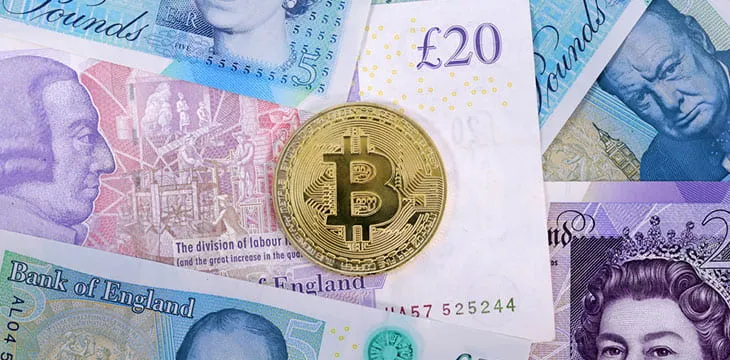|
Getting your Trinity Audio player ready...
|
For the first time, digital asset owners in the United Kingdom will have to identify their Bitcoin returns separately, the government revealed on March 15.
Chancellor of the Exchequer Jeremy Hunt revealed while reading the annual budget that the changes to digital asset taxation, a move he says could bring in GBP10 million ($12 million) for the government annually.
“The government is introducing changes to the Self Assessment tax return forms requiring amounts in respect of cryptoassets to be identified separately. The changes will be introduced on the forms for tax year 2024-25,” Hunt stated.
In a separate document, HM Revenue and Customs (HMRC), the country’s tax agency, revealed that the change will apply to capital gains tax payable when U.K. investors exit investments at a profit.
Aside from the change in tax filing, the U.K. government said it’s investing to maximize the potential of future technology, “sometimes known as Web3 or the Metaverse.”
The tax changes will apply from 2025.
The U.K. government has demanded tax from digital asset owners for years. It expects capital gains tax from those who sell their assets at a profit, and income tax for those who receive payments in digital assets. Miners also face taxes under miscellaneous income if they mine as a hobby and income tax if they are considered a business.
HM Treasury has been working with digital asset exchanges to acquire data on U.K. traders as it ramps up its pursuit of taxes on cryptocurrency. Coinbase (NASDAQ: COIN) recently informed its U.K. users that it had shared its data with HMRC.
“We would encourage you to consult with your tax or legal advisor with any questions you may have regarding tax matters and your Coinbase account activity,” the exchange told its clients.
Coinbase’s data-sharing agreement with HMRC goes back to 2020, when the two struck a deal to exchange data for addresses that received more than £5,000 ($6,000).
The U.K. joins several other countries seeking to boost their public coffers by going after digital asset traders. They include the Biden administration, which on its budget, proposed new tax measures that seek to raise $24 billion from digital asset owners. Others, like Kenya, are also weighing draft bills that seek to impose taxes on the surging number of digital asset owners.
Watch: BSV On-chain Ecosystem Development in Europe

 09-18-2025
09-18-2025 





